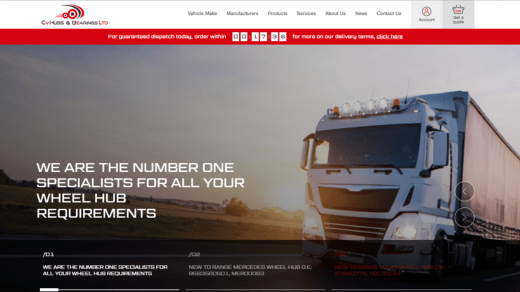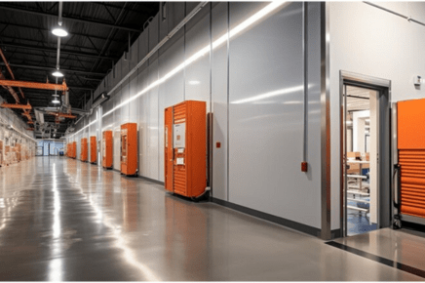
In the bustling world of commercial transportation, the reliability and efficiency of vehicles are paramount. Commercial vehicles, ranging from trucks to vans, form the backbone of industries such as logistics, construction, and manufacturing. Keeping these vehicles in optimal condition requires a comprehensive understanding of commercial vehicle parts, their functions, and the importance of quality replacements. This article delves into the essentials of commercial vehicle parts, exploring the key components that keep these workhorses on the road.
Engine Components:
The heart of any commercial vehicle is its engine, and the proper functioning of engine components is critical for overall performance. Essential parts include pistons, cylinders, crankshafts, and camshafts. Regular maintenance and timely replacement of components such as air filters, fuel injectors, and spark plugs are crucial to ensuring optimal fuel efficiency and engine longevity.
Transmission and Drivetrain Parts:
Commercial vehicles often face diverse driving conditions, making the transmission and drivetrain components integral to their reliability. Transmission parts, including gears, clutches, and torque converters, must be in top condition for smooth gear shifting. Drivetrain components, such as axles and differentials, play a key role in distributing power to the wheels efficiently.
Braking System:
Safety is paramount in the commercial vehicle sector, and a well-functioning braking system is essential. Brake pads, rotors, calipers, and brake fluid must be regularly inspected and replaced to ensure effective stopping power. With the weight and demands placed on commercial vehicles, a robust braking system is critical for both driver and public safety.
Suspension and Steering Components:
Commercial vehicles navigate various terrains and road conditions, placing strain on their suspension and steering systems. Shocks, struts, and bushings contribute to a smooth ride and stability, while tie rods, ball joints, and steering racks are essential for precise control. Regular inspections and prompt replacement of worn components are crucial for maintaining vehicle stability and handling.
Electrical System:
Modern commercial vehicles are equipped with advanced electrical systems that power various components, including lights, sensors, and communication devices. Batteries, alternators, and starters are critical elements of the electrical system, ensuring reliable engine starts and consistent power supply for other vehicle functions.
Exhaust System:
Efficient emissions control is a priority for commercial vehicles to comply with environmental regulations. The exhaust system, including catalytic converters and mufflers, plays a crucial role in reducing harmful emissions. Regular inspections and timely replacement of worn-out components contribute to both regulatory compliance and environmental responsibility.
Tires and Wheels:
Commercial vehicles heavily rely on their tires, making tire maintenance a priority. Proper tire pressure, tread depth, and regular rotations are essential for even wear and fuel efficiency. Wheel components, such as bearings and hubs, also require regular attention to ensure the safe and smooth operation of the vehicle.
Importance of Quality Replacement Parts:
The performance and longevity of commercial vehicles are directly linked to the quality of replacement parts used during maintenance and repairs. Genuine OEM (Original Equipment Manufacturer) parts are designed specifically for the make and model of the vehicle, ensuring compatibility and optimal performance. Using high-quality aftermarket parts from reputable suppliers is also a viable option, providing cost-effective alternatives without compromising on performance.
Conclusion: In the world of commercial transportation, the reliability and efficiency of vehicles are non-negotiable. Understanding the intricacies of commercial vehicle parts, from engine components to brakes and beyond, is essential for fleet managers, mechanics, and operators. Regular maintenance, timely replacements, and the use of high-quality parts are key factors in keeping commercial vehicles in peak condition, ultimately contributing to safety, efficiency, and the overall success of industries relying on these indispensable workhorses.Check out CV Hubs and Bearings for more information.






